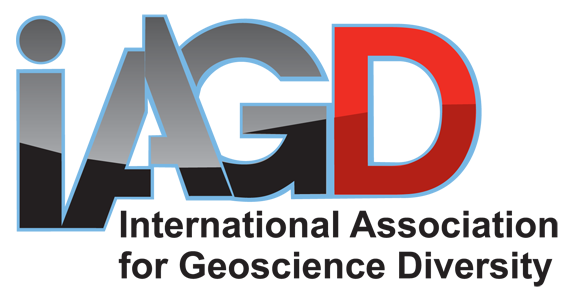Institution: Natural Sciences Museum of Tenerife, Canary Islands (Spain)
Primary Contact or Principal Investigator: Jesus Martinez-Frias
Contact Information:
Centro de Astrobiologia, CSIC-INTA (associated to the NASA Astrobiology Institute)
Ctra de Ajalvir, Km. 4, 28850 Torrejón de Ardoz, Madrid (Spain)
jmfrias@cab.inta-csic.es
Tel: +34-915206418
Project Collaborators: J.A. Rodriguez-Losada, A. Eff-Darwich, Francisco Garcia-Talavera and Lazaro Sanchez-Pinto, OAMC, Sinpromi and ONCE
Project Description: The objective of the Short Course is to give a general overview about the significance of meteorites. This Earth and Planetary Course is devoted to all people but primarily people with sensory disabilities (blind and low vision). It comprises of theoretical and practical classes, in which the students will be able to touch a selected representative group of meteorites (stony, stony-iron, iron meteorites), recognizing their morphology, surface textures (e.g. regmaglypts, fusion crust) and internal textres (e.g. Widmanstätten patterns, chondrules) comparing their features with those of some terrestrial volcanic rocks. The course also includes a handbook in Braille, and the special assistance of experts in sign language interpretation.
Diversity Focus (Race, Gender, Disability, etc.): Devoted to all people but primarily people with sensory disabilities (blind and low vision)
Project Publications and Disseminated Materials: Short Handbook with text and pictures and a special handbook in Braille
Project Website: Short Video: http://www.youtube.com/watch?v=4wAJQiAanRM
-
2022 IAGD Fundraising Season, let’s do this together!
Anita Marshall, , IAGD News, 0
This year, the IAGD has a very modest fundraising goal of $5,000. These funds will directly support our student...
-
Atchison receives best student paper award from Geology and Society Division of GSA
Chris Atchison, , IAGD News, IAGD Programs, access, accessability, Christopher Atchison, disabilities, Geological Society of America, Georgia State University, geoscience, geoscience barriers, geoscience research, GSA Geology and Society Division, inclusion, Mammoth Cave National Park, Ohio State University, 0
Minneapolis, MN – The Geology and Society division is pleased to announce the winners of the 2010 Best Student...
-
Mammoth Cave Field Trip
Chris Atchison, , IAGD News, IAGD Trips, 0
Images from the field experience at Mammoth Cave National Park sponsored by The National Science Foundation and Ohio’s STEM...
-
Studying the Worlds Oceans through Adaptive Technologies
Chris Atchison, , IAGD News, access, accessability, adaptive, Amy Bower, blind, OceanInsight, Woods Hole Oceanographic Institution, 0
Dr. Amy Bower, Senior Scientist in the Department of Physical Oceanography at Woods Hole Oceanographic Institution has been chasing...
-
Increased demand for U.S. geoscientists also suggests need for increased access to geoscience programs for students with disabilites
Chris Atchison, , IAGD News, American Geosciences Institute, Geological Society of America, GSA position statements, increased demand for geoscientists, need for increased access, President John Geissman, 0
Boulder, CO, USA – A recent American Geosciences Institute workforce evaluation estimates that by 2021, some 150,000 to 220,000...
-
Academic Resource Center Guides Geology Student Off the Beaten Path
Chris Atchison, , IAGD News, Joe Gurriere, Kirsten Nicolaysen, MiKayla Briere; Academic Resource Center, Whitman College, 0
Originally published May, 2011. “Good morning everyone,” began an email written by Kirsten Nicolaysen, assistant professor of geology, to...
-
New Study Released on Science, Technology, Engineering, and Mathematics (STEM) Participation among College Students with an Autism Spectrum Disorder
Chris Atchison, , IAGD News, IAGD Press Releases, 0
A new SRI-led study finds that people with autism spectrum disorders (ASDs) are significantly more likely to choose STEM...
-
TERC develops SigningAvatar® technology to enable deaf and hard of hearing students to learn Earth Science terms and definitions
Chris Atchison, , IAGD News, IAGD Research, Deaf, Hard of hearing, Judy Vesel, Signing Earth Science Dictionary, SigningAvatar, TERC, 0
Cambridge, MA – Led by Principal Investigator Judy Vesel, a TERC research group has designed and created an illustrated...
Highlights
About Us:
The IAGD is a 501c3, volunteer-driven, non-profit organization. 100% of all donations support inclusive and accessible programs for students and geoscientists with disabilities.




